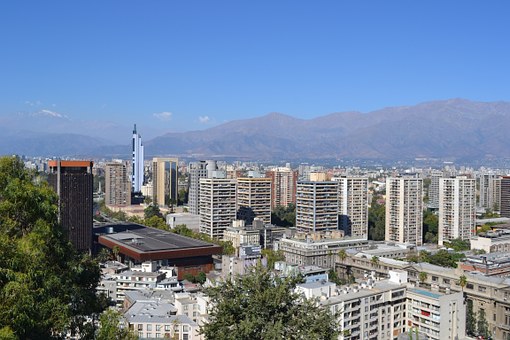

Saint Lucia is a parliamentary, democratic monarchy. The Head of State is the Monarch (currently the Queen of England) who appoints the Governor General as a representative. The Prime Minster is normally the head of the party which commands a majority in the House of Assembly. The Governor General acts on the advice of the Prime Minister and the Cabinet.
Saint Lucia is a member of the Eastern Caribbean Currency Union (ECCU) and uses the Eastern Caribbean Dollar (EC$) as its official currency. The Eastern Caribbean Central Bank (ECCB) manages monetary policy and regulates commercial banking activities in all member states of the ECCU.